Best American Persimmon Cultivars
brandon7 TN_zone7
13 years ago
Related Stories
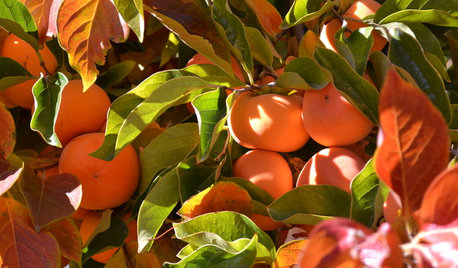
FRUIT TREESHow to Grow Your Own Persimmons
Sturdy and easy to care for, these trees offer bright fruit through winter — and keeping them in bounds is no sweat
Full Story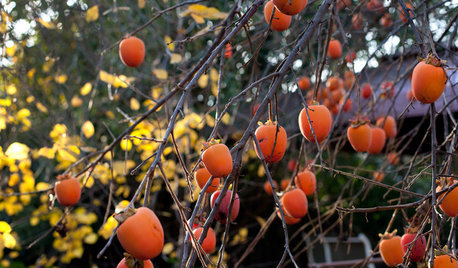
EDIBLE GARDENSGreat Design Plant: Persimmon
Combining beautiful fruit, vivid fall leaves and low maintenance, this tree is a winner in the garden
Full Story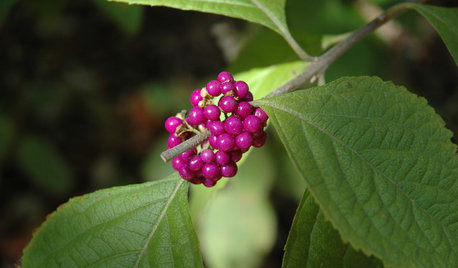
GARDENING GUIDESGreat Design Plant: Nourish Wildlife With American Beautyberry
The bright purple berries of Callicarpa americana feed winged beauties and make the Southeast U.S. native a fall garden standout
Full Story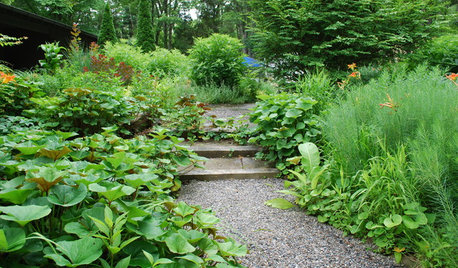
LANDSCAPE DESIGNTour a New American Garden in New Jersey
See how James Golden built his garden in a depression with wet clay and rogue cedars
Full Story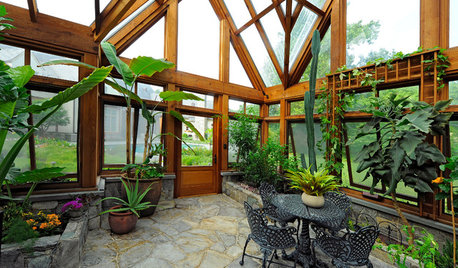
EDIBLE GARDENSThe Enticing Garden: How to Grow Bananas
Sweeten your dining table with surprising flavors of banana cultivars while adding tropical flavor to your garden
Full Story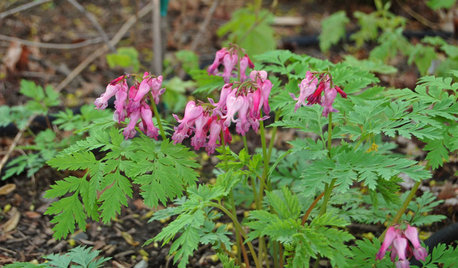
GARDENING GUIDESGreat Design Plant: Dicentra Eximia Brightens Shady Gardens
This North American bleeding heart species blooms from spring to fall and welcomes bees and hummingbirds
Full Story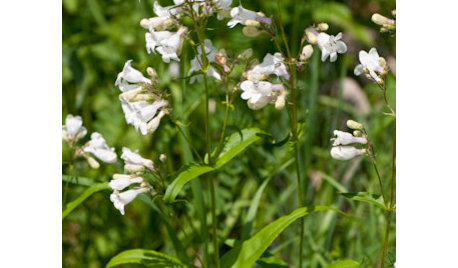
GARDENING GUIDESGreat Design Plant: Try Penstemon Digitalis for Showy White Blooms
Bees gather nectar from this North American native while you’ll appreciate its unthirsty nature and soil tolerance
Full Story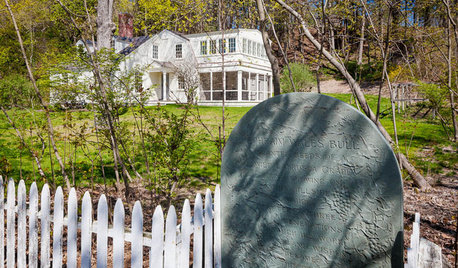
TRADITIONAL HOMESHouzz Tour: Historic Concord Grapevine Cottage’s Charms Restored
This famous property had fallen on hard times, but passionate homeowners lovingly brought it back
Full Story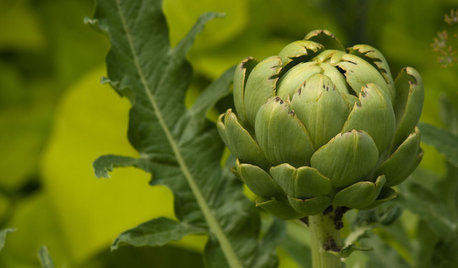
GARDENING GUIDESYour Garden Is Stirring — Here’s What to Do in February
February is a good time to start seeds, shape up shrubs and watch for the earliest blooms. Here’s what to do in your part of the U.S. now
Full Story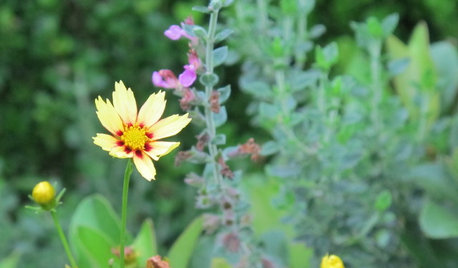
GARDENING GUIDESGreat Design Plant: Coreopsis 'Redshift'
Breaking with its pure-yellow past, 'Redshift' tickseed will change up a bland garden with its hot new color combo
Full Story





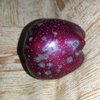
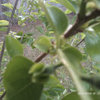
lucky_p
brandon7 TN_zone7Original Author
Related Professionals
Norfolk Landscape Architects & Landscape Designers · Belmont Landscape Architects & Landscape Designers · Wixom Landscape Architects & Landscape Designers · Arlington Landscape Contractors · Clayton Landscape Contractors · Dickinson Landscape Contractors · Fort Myers Landscape Contractors · Lakeville Landscape Contractors · Old Saybrook Landscape Contractors · Ponte Vedra Beach Landscape Contractors · Wanaque Landscape Contractors · Washington Landscape Contractors · Weslaco Landscape Contractors · 07920 Landscape Contractors · Norridge Landscape Contractorsbennylafleur
brandon7 TN_zone7Original Author
alexander3_gw
shane11
lucky_p
creekweb
brandon7 TN_zone7Original Author
quinoah
blakrab Centex
Tony
maryhawkins99